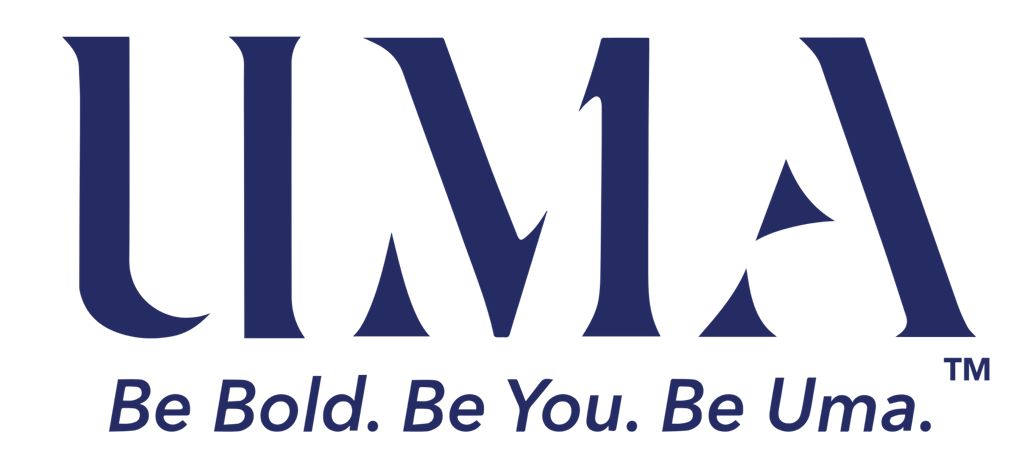Uma founder Rita Kakati Shah helps re-ignite careers of moms who took time off to be with children
If you’re a woman looking to go back to work or transition careers after maternity leave, Rita Kakati-Shah can help. But you should probably know up front that working with this corporate professional will call for a little soul-searching.
Four years ago, Kakati-Shah started Uma, a service that works with moms who took time off to be with their children and now aim to re-enter the workforce. An experience with Uma is far more than a resume brush-up; it is a full-fledged job and life coaching experience that examines strengths, weaknesses, personal goals and drivers. It has grown into an international platform to help women take the emphasis off of explaining a gap in employment; instead, it sets them firmly on a career path that aligns with their skills and goals, which often change with life transitions such as motherhood.
“I would say in the four years I’ve done this, of the hundreds of women I’ve worked with, about two-thirds have gone in a different (career) direction,” Kakati-Shah said.
Learned Curiosity
In many ways, Uma merges Kakati-Shah’s years of corporate experience, a personal drive to help women get through the challenges of getting back to their career, and her unique upbringing that taught her to be open to other world views.
The CEO and founder grew up in what she describes as traditional London cosmopolitan society. Her parents arrived in England in the 1960s from Assam. Her father, a physician, and mother, a zoologist, did not abandon their Assamese heritage, but carried it with them while also embracing other Indian and English cultural elements.
Assamese traditions pervaded the home. Her mother was a professional singer who performed for Indian gatherings and the family would drive to towns to watch her sing while the kids were young. Kakati-Shah inherited her mother’s love for the arts, and dances professionally as well. But while the family celebrated its rich culture, there was also curiosity about other customs and beliefs.
“My parents were very much ‘when in Rome, do as the Romans do,’” she said. “Many of my talks and trainings today are based on personal experiences. … I’ve traveled the world, and to me it’s about not being afraid to not know something. Ask questions and be curious about something you are not familiar with. … A lot of misunderstandings and disagreements happen when a person thinks they know it all.”
Education and Growth
After initially considering medicine, Kakati-Shah chose to attend King’s College London to study mathematics and management. The move disappointed her parents at first, as although her academics were excellent, she was breaking with family tradition. College, however, brought an education that was not “spoon fed” with fact memorization, as had been the case growing up.
“It was the first time I started to think creatively,” she recalled. “My goal was to enjoy my education, broaden my mind, and see what I would fall into.”
Out of college, she fell into the Pan-European Equities Trading floor at Goldman Sachs. It was the early 2000s, and her strong analytical skills served her in the position. But her curiosity about women networks within Goldman was the seed for future diversity and inclusion efforts.
Kakati-Shah inquired why women’s groups within the company only informally gathered for coffee during the day. She spearheaded moves for cross-departmental communication and collaboration among women, minorities and other groups, crushing silos as she went. The efforts won her Goldman’s Excellence in Citizenship and Diversity Award and later, the King’s College London Distinguished Alumni honor.
“Goldman was excellent when it came to diversity, but I wanted to transform this into something that was more formal and taken seriously, something that allowed for networking and learning what we were doing in different departments,” she said.
After Goldman Sachs, Kakati-Shah spent time leading business development globally in central nervous system drug development. She then took about four years off to be with her two young children. When she decided to re-enter the professional workforce was stunned by the “total fixation” employers and recruiters had on her resume’s employment gap. She felt there was something to be celebrated and appreciated, not frowned upon, with regards to her parenting role for the four previous years.
“I have accomplished a lot in the corporate world, but nothing compares to being a full-time mother,” she said. “You can never take a sick day. You’re always on call … and you become an amazing communicator. …. If you can negotiate with a toddler or adolescent, there’s nobody on the planet you can’t take on.”
Building Uma
Kakati-Shah turned the experience into something positive. Uma is whom she refers to as the “Goddess of Go-Getting.” The name was short, sweet and embodied the message of empowering women on their journeys, she thought.
She is proud of how the platform has evolved into life coaching, mentorship and resilience training to help women increase confidence, negotiate, but above all, find their strengths and embrace their unique traits, even if some may be less socially accepted. In addition, she has launched “The Uma Show,” a South Asian television program aired weekly on Mana TV International, authored books, and now works with companies to implement policy and organizational changes around diversity and inclusion. In the future, the goal is to leverage Uma into an even greater force for change.
“I’m not a person who likes to stick a Band-Aid on something. I love getting to the root cause,” Kakati-Shah said. “Whether it’s gender issues, equality, inclusion, I want to change the narratives around what’s out there.”
By Brian Sodoma
Read full Cover Story here.

